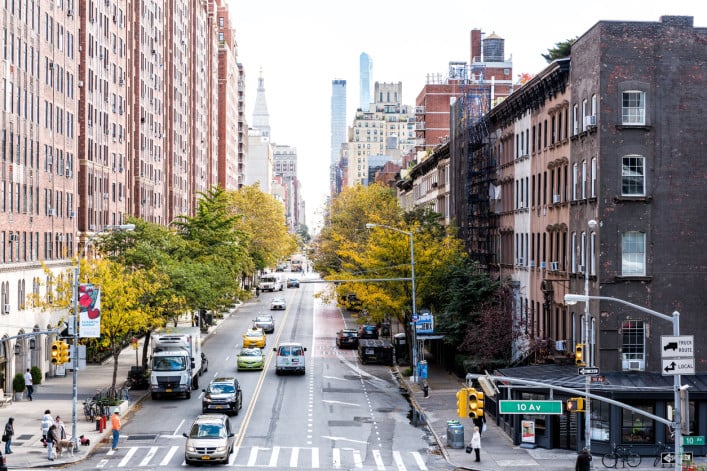Rent Coach: Is there such a thing as a "standard" lease?

Q. I'm about to rent a new apartment, and the landlord says that the lease I’ve been asked to sign is “standard.” Is that how it usually works?
A. Many landlords rely upon a standard form lease. However, some aspects of these leases are designed to protect the landlord more than the tenant. Additionally, if there is a rider attached, read that very carefully as those provisions were added by the landlord and are not part of the form lease.
Below are some provisions to look out for. You may or may not be able to negotiate all of these points with your landlord, but at the very least, you should know what you're getting into.
- Possession. Look out for a provision about what happens if the landlord is unable to deliver possession of the apartment on the start date. The landlord may try to bind you to the lease for up to 90 days after the start date without having any liability for the inconvenience or cost this might cause you. Most large landlords insist on some form of this provision, so if you're not flexible, be aware of the risk. Some may agree to reduce the time to 14 days after the start date.
- Deliveries. Some leases limit the landlord’s liability to $500 for lost or negligently handled deliveries (i.e. with a doorman) not matter what the value of the delivery. This is probably something you would want to know. You're not going to have this provision struck from the lease, but if it's there, you might not want to have expensive deliveries made to your building when you're not around.
- Showing times. Make sure you read any provisions regarding showing times that obligate you to make the apartment available for open houses or private showings, and may even require you to conduct the open house! Most people will not enjoy having to host an open house, an dit's reasonable to restrict showing to 30 days before the end of your lease.
- Utilities. Make sure you read provisions regarding utilities. If the lease doesn’t obligate the landlord to pay for something, don’t expect them to, no matter what you were told in person. Most leases only obligate the landlord to pay for heat and hot water.
- Building amenities. Are they included in the rent or there an additional fee to use them? If they are included, is that a temporary benefit or will they always be offered for free?
- Waiver of lease provisions. These clauses usually state that amendments to the lease can only be made in a writing signed by both parties. That means that if you come to an oral agreement with the landlord during the course of your lease, that agreement won’t be enforceable unless it’s in writing. Again, something to keep in mind.
- Renewal. Make sure you read the provision regarding any potential renewal. When do you need to decide by? Is there an escalation clause that states what the rent will be in if you do renew? It won’t be in your lease, but if you’re renting in a co-op you also need to find out if their bylaws restrict the number of years that you can rent the apartment.
Mike Akerly is a New York City real estate attorney, landlord, and real estate broker. He is also the publisher of the Greenwich Village blog VillageConfidential.
Related:
The 5 biggest unenforceable lease provisions
Confessions of an on-site leasing agent
Find a great agent with BrickUnderground's Agent Referral Service























